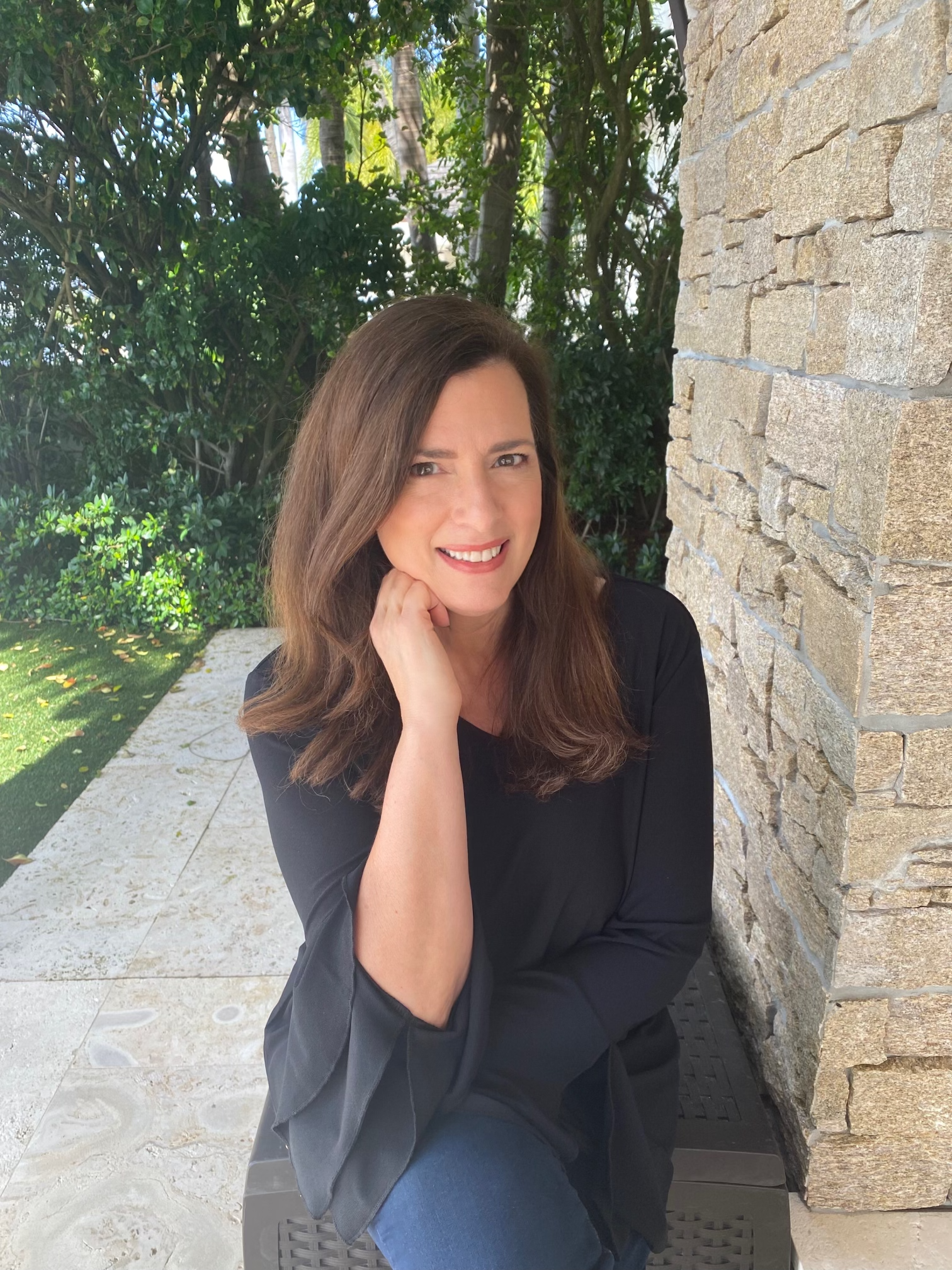APS has helped me to lean in to and listen to my son more
closely and trust my own intuition and confidence as a parent. Through the
years I read dozens of articles and books and none could even come close to
what I learned with Andrea’s help. I know no matter what the next parenting milestone
is with my son I am better equipped to handle it,
- Angela C., Client

Abracadabra
My son Matthew developed speech typically up until he was two. He then regressed and by two years and nine months old, he had zero words. Nope, this post is not about regression. That is a topic for a different day.
Like most parents, we really wanted to be able to communicate with him with words. We worked really hard with him on sounds and word approximations for years. Early on, a teacher gave us advice to focus on practicing a few “motivating words” and “useful words.” That advice proved to be extremely helpful for a number of reasons. First, by focusing on a few words at a time, we could give Matthew concentrated practice to increase his odds of success. Think of it like practicing piano or another musical instrument. You wouldn’t play a large number of songs one time each, you would practice one song over and over until you master it. Second, by focusing on words that were motivating, we increased Matthew’s willingness to practice something that was difficult for him. We focused on words such as food and drink items that he could request like cookie, water, apple. We prioritized actions or ideas that were meaningful to him like up, out, bath.
The concept of “useful words” is twofold and overlaps with motivating words. Useful words focus on both specificity and relevance. For example, a word like “more” is useful, but children can often use it for everything so that you don’t know to what they are referring. Do they want more water? Cookies? Singing? Another example is the word “this.” We sometimes ask our children if they want “this” or “this,” pointing to two different items. Children can then learn to ask for “this” and you have no idea what they want. It is therefore useful to ask with specificity – Do you want apple or grapes (instead of “this”). The second part of “useful words” is what not to teach. Sometimes, parents are eager to teach their children polite words like “please” and “thank you.” If your child already has a lot of language, those might be useful words, but if he or she has only a few words, “please” does not help them communicate needs or wants.
One weekend, when Matthew was about 7 and just starting to be able to say a few words, my parents were visiting and we were sitting at the table having lunch. Matthew, not one to sit at the table at the time, was milling (ok, running) around the kitchen. He walked over to my mother and tried to take a piece of food from her plate. She stopped him from taking it, wanting him to say “please.” I explained to her that we were not working on that skill because we were focusing on useful words. Unable to stop herself, she said to him “What’s the magic word?” Matthew stopped and thought hard about her question. He then responded “Abracadabra.” Clever boy. Now there’s a useful word.

Meet
Andrea
Andrea is a mom of two young adult children, a former lawyer in New York City, and an advocate for parents of autistic children and teens. When her autistic son was not thriving at school, Andrea left her 19-year law career to homeschool him. She later went on to earn her Master's in Education so that she could share her knowledge most effectively and help parents get swift and lasting results without years of trial and error. Now, with years of experience and research under her belt, Andrea is sharing her wisdom with the world through Autism Parent Solutions.


My son and I both achieved tremendous growth
The program offered not only helpful strategies but also new perspectives that help me understand and relate better to my son. The frequency and severity of his aggressive outbursts have decreased significantly. He and I have a better understanding of each other and a better relationship overallThe program leader meets you where you are and offers very practical ways to troubleshoot challenges. APS helped me be relieved of my dreaded parental guilt and has made me feel successful!! And most importantly, my son is happier as a result of our mutual growth.
Tanya M.

Connect with us on:

© 2024 All Rights Reserved | Autism Parent Solutions
Business Address: 3901 NW 79th Ave, STE 245 #3865, Miami FL 33166
Custom Crafted By ExpertSites






